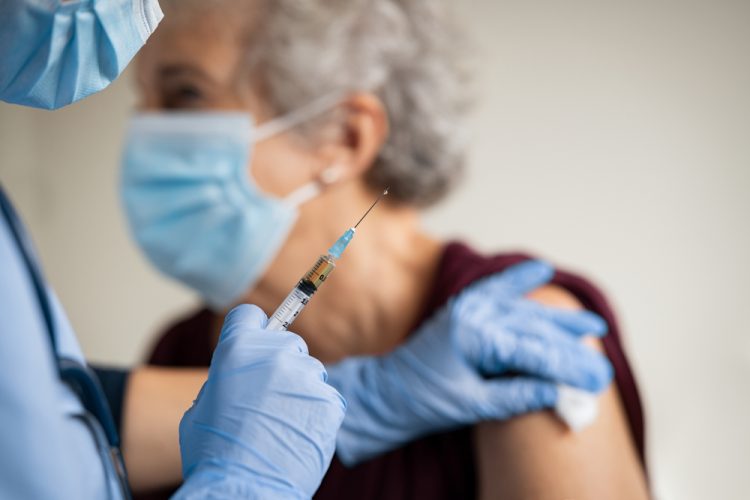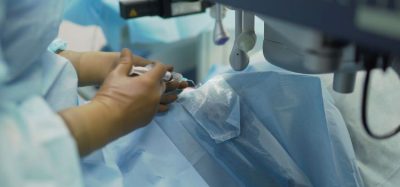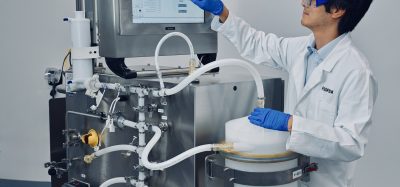Disinformation and safety concerns could prevent successful COVID-19 vaccination campaigns
Posted: 12 February 2021 | Hannah Balfour (European Pharmaceutical Review) | No comments yet
Research suggests at least a fifth of the US population are resistant to receiving a COVID-19 vaccine, reports suggest this could be due to disinformation and safety concerns.


According to a new statement, disinformation and safety concerns surrounding mRNA vaccines could result in COVID-19 vaccine uptake issues, damaging chances of achieving herd immunity against the SARS-CoV-2 virus which causes it.
Latest estimates suggest, despite the efficacy of approved vaccines – 94 percent for Moderna’s mRNA-1273 vaccine and 95 percent for the Pfizer-BioNTech mRNA vaccine – that if the protection lasts one year, roughly 80 percent of the population would need to be vaccinated to achieve herd immunity.
However, Johanna Swanson, Product Manager at GlobalData, commented: “There is some resistance in the general population to receiving these vaccines. Part of the resistance to vaccination stems from disinformation and safety concerns about these vaccines.”
The report outlines that common disinformation about mRNA vaccines on social media includes that they can alter the recipient’s DNA, cause infertility in women or trigger autism, as well as that they contain toxins. According to the company, such misinformation could be corrected by information campaigns; however, people are likely to continue to believe them if they are looking for confirmation of preconceived fears.
Swanson continued: “There are also additional concerns raised on social media about the safety of a novel vaccine technology that has been rapidly developed. Some potential recipients are planning on delaying being vaccinated until more data is gathered on long term adverse events.”
According to the report, details about severe allergic reactions and other adverse events have scared some of the public, despite them only occurring in a very small number of patients. According to trial results, the Pfizer-BioNTech COVID-19 vaccine had 0.6 percent in the vaccine group and at least one serious adverse event of 0.5 percent in the placebo group. In addition, only 21 people within the first 1.8 million US recipients of the Moderna and Pfizer-BioNTech vaccines experienced a severe allergic reaction.
Swanson concluded: “Uptake concern issues can be lessened in hospitals and healthcare systems by requiring inoculations and improved employee communication about the safety of the vaccine and the importance of being vaccinated. Vaccination campaigns will have to educate the public on the risks of vaccination versus the risks of COVID-19.”
Vaccine resistance in the US
Another report, this time the results of a survey of 1,118 randomly selected adult US consumers found that 21 percent would probably or definitely not get a COVID-19 vaccine. This varied dependent on age, ethnicity and sex.
In the report they found that consumers aged 18 to 29, 24 percent would probably or definitely not get a vaccine, as did 23 percent of 30-44 year-olds, 22 percent of 45-60 year-olds and 16 percent of those over 60.
The survey revealed that women were more resistant to receiving the vaccine, 25 percent would probably or definitely not get the vaccine, compared to 17 percent in men. In addition, Black/African-American and White respondents were more resistant, 35 percent and 20 percent not getting the vaccine, respectively, that Hispanic and Asian participants – 16 and 11 percent were resistant respectively. Regardless of sex and ethnicity, those with comparatively lower educational levels and household income were more likely to report they were probably or definitely not getting a vaccination. Lack of trust, safety concerns and rushed development were the frequently cited reasons for this.
In addition, 41 percent of respondents indicated not being concerned about hospitalisation because of COVID-19, while 23 percent are “very concerned” about being hospitalised and 34 percent are “somewhat concerned”. Overall, as the degree of concern decreased, the proportion of respondents reporting they would probably or definitely not get the coronavirus vaccine increased.
The survey was undertaken by Avant Health.









